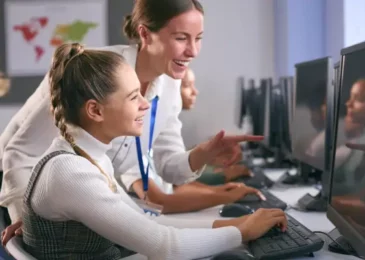Cristian Luque Manjon, the strength and conditioning coach for Zheng Si Wei and Huang Ya Qiong of China, shares his training philosophy. In this interview, he discusses the team’s ability to perform well under pressure and the importance of physical ability in badminton.
Pulling Off Matches When It Counts
Manjon believes that China’s success in crucial moments is not only due to physical ability but also to their dedication to their supporters. He emphasizes that the players don’t just play for themselves but also for the people who support them, which gives them extra motivation.
Bạn đang xem: News | BWF World Championships
Individualized Training Approach
Xem thêm : News | BWF World Championships
When asked if China’s training methods differ from other teams, Manjon explains that he focuses on each player’s individual needs. While there may be similarities in training techniques across teams, the unique characteristics of each player require tailored approaches. For example, in mixed doubles, speed and anticipation are crucial, and players must make quick decisions. Manjon praises Zheng and Huang’s cognitive abilities and decision-making skills, which contribute to their success on the court.
The Holistic Approach to Training
Manjon believes that technical, tactical, and physical aspects of training are intertwined and should not be treated separately. He emphasizes the importance of mental and physical training during on-court sessions. In his view, physical conditioning sets the foundation for players to showcase their skills effectively.
Evolving Training Methods
Manjon has observed significant developments in the way athletes prepare and train since he started working with China. He remarks that there are now more strength and conditioning coaches accompanying teams to tournaments, which demonstrates the sport’s growth and commitment to athlete development.
Staying Informed with Sports Science
Xem thêm : BWF World Tour: Korea’s Strong Performance at the DANISA Denmark Open 2019
While the research on badminton-specific training techniques is limited compared to other sports, Manjon believes in staying informed about scientific advancements in sports in general. By applying knowledge from different disciplines, coaches can introduce innovative training methodologies to their athletes.
Improved Injury Management
With the use of GPS technology, teams can gather more detailed training and competition data, leading to better injury management. This information allows coaches to tailor training programs and reduce the risk of injuries. Manjon cites Carolina Marin’s successful recovery from two ACL injuries, highlighting the vital role of sports science in the sport’s development.
For more insights from Cristian Luque Manjon, check out Part 1 of the interview here.
Nguồn: https://carnegiecentre.com
Danh mục: Tin tức


